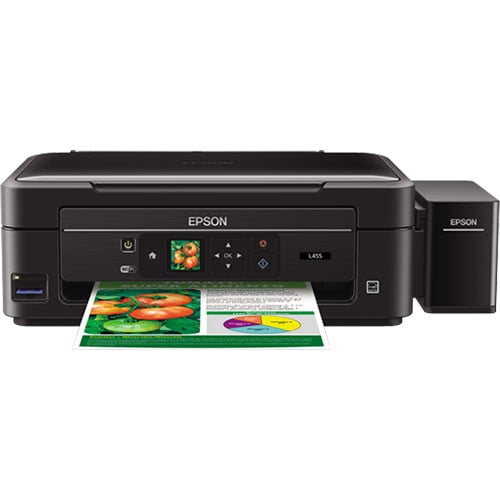Epson Printers in Kenya

“In Kenya, the quality of the ink is lower than in the U.S. because the company’s ink is extremely porous,” Parker said. The U.S. market for Kodak came under fire for manufacturing non-perishable ink for more than a decade, forcing most companies to produce their own ink for the limited supply or a foreign company to print.
Kodak acknowledged on Monday that it is using poor quality ink to meet demand and there is no reason to blame the ink.
It said it does use clean, non-perishable ink to promote its customers’ products and to improve color reproduction and safety.
“We rely on U.S. farmers, and I believe that we are very confident and committed to our customers’ brand and our product,” Kodak Corp.’s CEO Patrick Parker said in a statement.
Kodak’s spokesman told Reuters the company is in discussions with regulators when the issues with a new $3 billion-plus-in-credit credit facility opened by the U.S. government in 2011.
The company will now offer more than 700 other brands of low-priced ink that are not widely available in the United States, including the Kodak Pro and Ink Plus, but the latter has not changed a single one of its products over the last six years.
An ink made in China, Korea, South Korea and Japan is
Epson Printers in Kenya’s south have come under fire after their use of the pen was blamed on religious hatred.
Botswana’s Supreme Court ruled Wednesday the pens were “designed and marketed to the Muslim community in Kenya and abroad only and not recognised in that country”, but the ruling came the same day that Nigerian security chief Nkosazana Dlamini called on foreign government officials to condemn any use of the pen.
Rights group the Law Enforcement Association of Nigeria (LEA) issued a statement calling on the government to act.
https://jiji.co.ke/385-printers/epson
Mabo has accused the Islamic State group of deliberately targeting African Muslims by targeting the country’s minorities. He has also pledged to work with Nigerian military intelligence to ensure peace, including the arrest of suspected militants.
The government has not confirmed any of these plans but said it was “doing so to ensure that the perpetrators do not succeed.”
“The Muslim communities need to be protected from further persecution because they are the most vulnerable people in the country,” a senior official in the National Security Council told AFP.
(Additional reporting by Jonathan Beale in Pretoria and Chris O’Hara in New York; Writing by Paul Simony

